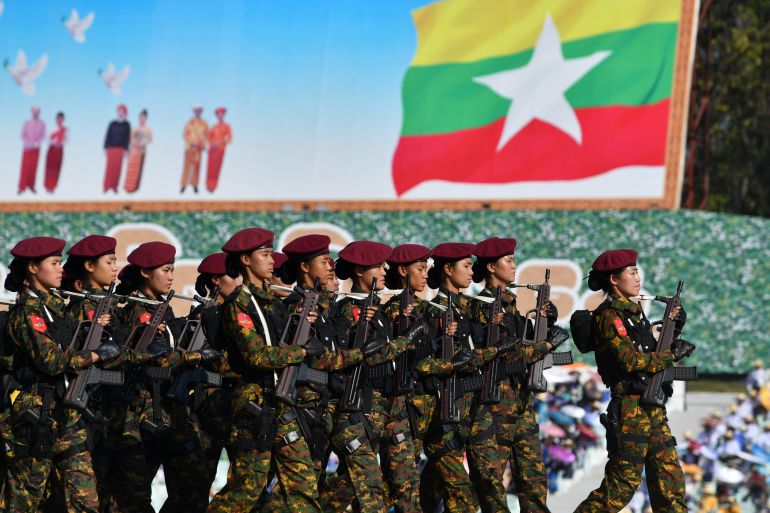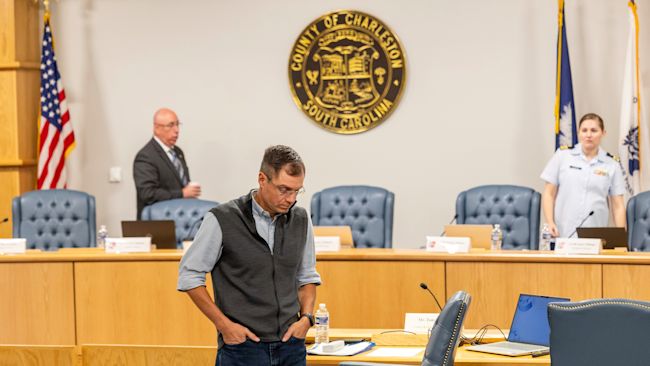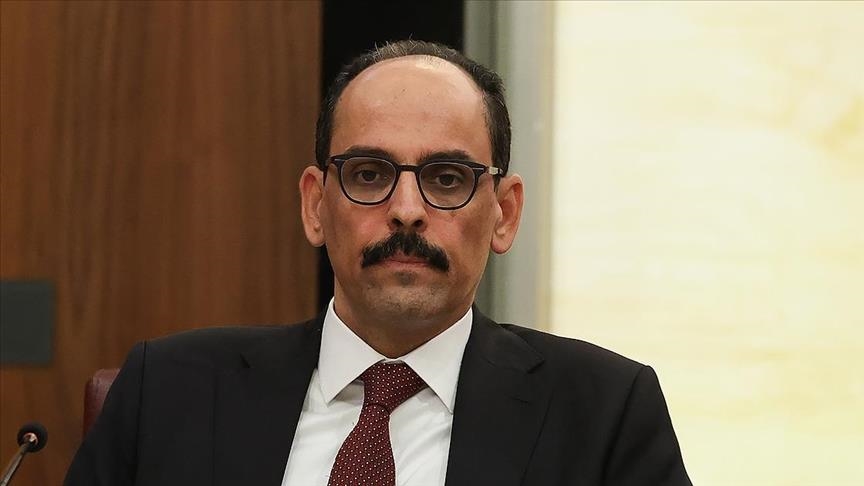Kremlin’s Grip on Moldova: Criminal Oligarchs and Church Sway Elections
17.09.2024

PRESIDENT MAIA SANDU TWEET
Source: X, screenshot.
On September 4, after meeting with Toomas Hendrik Ilves, Moldova’s President Maia Sandu wrote on X: “We discussed Estonia’s remarkable development after joining the EU. This is a journey that inspires Moldova as we move towards modernization and integration with Europe.”
A few hours later, the infamous Moldovan oligarch Ilan Shor responded on X: “Estonia joined the EU 20 years ago. During this time, Estonia has lost a sizable part of its population and most of its machinery industry. All in return for visa-free travel and handouts from Brussels.”
CRIMINAL OLIGARCH ILAN SHOR TWEET
Source: X, screenshot.
It may be deceptively comforting that President Sandu has 190,000 followers on X, while Shor has only 146. However, instead of elite X, Shor uses other channels to influence his electorate, some of which we will describe today.
Back in March, Propastop provided a detailed description of the narratives Russia successfully uses to instill fear among the 2.5 million residents of the country.
To begin with, it’s important to emphasize that on October 20, Moldova will simultaneously hold presidential elections and a referendum on joining the European Union. It is with the help of oligarch Shor that the Kremlin is attacking the pro-European President Sandu and her desire to lead the country into the EU.
“All surveys indicate that support for the EU and President Sandu stands at around 50-52%. About 15% are firmly against joining the EU, and 30% have not yet decided, making them the most easily influenced part of the population,” says Tiina Ilsen, Chair of the Board of the NGO Practnet, which implements a European Commission project aimed at strengthening Moldova’s strategic communication. “Pro-European sentiment is strongest in the capital, Chișinău, and its surroundings, as well as among the nearly one million Moldovans living abroad. However, in Gagauzia and northern Moldova, messages from the Russian information space dominate.”
Pro-European President vs. The Great Thief from Moscow
In 2014, Ilan Shor gained worldwide notoriety for a money-laundering scheme that led to the theft of one billion dollars from Moldovan banks. Although this resulted in the loss of 12% of the GDP for the small, impoverished country, it did not diminish the support many Moldovans had for Shor and the political parties he funded.
Shor was sentenced to seven years in prison for money laundering but enjoyed life under house arrest until he fled to his homeland of Israel. This year, he obtained Russian citizenship and now lives in Moscow. Both the European Union and the United States have imposed sanctions on him due to his role in organizing and funding anti-government protests in Moldova, in collaboration with various Russian institutions.
It is important to emphasize that, unlike Estonia, Moldova’s referendum is taking place before the start of EU accession talks. President Sandu decided to hold the referendum to secure a mandate from the people for the government to begin negotiations.
“The Moldovan president’s and government’s campaign in support of EU membership emphasizes the need to keep European markets open and highlights the potential for increased European investment,” explains Tiina Ilsen. “Moldovans have been inspired by the success story of our own Kaja Kallas, showing that even a small country can become a significant player in shaping EU policies.”
The Orthodox Church of Moldova is a subsidiary of Patriarch Kirill.
Today, Propastop provides two examples of Kremlin-organized information attacks against Moldova.
Over 90% of Moldova’s population is Orthodox, and according to surveys, the church is trusted more than state institutions. The Orthodox Church of Moldova is subordinate to the Russian Orthodox Church under the Moscow Patriarchate, a key element of the “Russian World” ideology. This subordination to Moscow and the church’s high level of authority among the people make the Orthodox Church of Moldova a highly effective tool for influence.
Many church leaders in Moldova faced a very awkward moment on August 20 when dozens of journalists at Chișinău airport bombarded them with questions about why they were flying to Moscow in business class.
The flight and the luxurious reception in Moscow were paid for by Ilan Shor. In Moscow, the church leaders were encouraged to influence their congregations to oppose President Sandu’s re-election and Moldova’s accession to the EU. Election propaganda instructions for churchgoers were personally given to them by Patriarch Kirill, the head of the Russian church, and on their way home, the priests were provided with Promsvyazbank cards, with promises of personal financial support.

NO COMMENT! This was the response of Moldova’s church leaders flying to Moscow in business class on August 20 when asked about the purpose of the trip paid for by a Kremlin-friendly oligarch.
Source: TV8, screenshot.
Similar motivational trips to Moscow have been organized by Shor in the run-up to the elections. A week ago, nine leaders of the Orthodox Church of Moldova visited Moscow, led by Nicolae Rosca, the Bishop of Ceadîr-Lunga in Gagauzia, who also holds the rank of colonel as the head of the ecclesiastical body providing chaplain services to the Ministry of Internal Affairs and the Ministry of Defense. More participants were expected to join the trip, but Moldova’s Ministry of Defense warned that it would cut ties with chaplains who visit Moscow before the elections.
These pre-election visits highlight the role of the Orthodox Church in shaping public opinion. Leaders of the Orthodox Church of Moldova preach to their congregations the narrative that “Moldova is a hostage to foreigners.”
To support this claim, they argue that, similar to Ukraine, Moldova is being forced by puppet masters in Washington and Brussels to ban the activities of the Orthodox Church. Additionally, the church amplifies one of the Kremlin’s favorite narratives about “Gayrope,” claiming that new EU member states are being pressured to adopt same-sex unions.
Join the European Union, and you’ll end up at war with Russia.
In June, Moldova’s cooperation partner Tiina Ilsen was sent a link to two fake videos that were widely circulating in Moldova. These videos were being distributed through cable television and streaming platforms that violated copyright laws, rather than on explicitly pro-Russian media and Telegram channels, as this would have cast doubt on the authenticity of the clips.
The professionally made, emotionally impactful video falsely claims in its opening scenes that it was produced by the European Union’s External Action Service and Moldova’s Ministry of Education. The video alleges that Moldova is planning to organize military camps for teenagers as part of patriotic training, and to support this claim, it shows footage of black U.S. soldiers in uniform training Moldovan boys.
FAKE VIDEO: A fear-mongering clip was falsely attributed to the European Union and Moldova’s Ministry of Education.
This clip amplified one of the Kremlin’s most influential narratives: by joining the European Union and establishing ties with NATO, Moldova will become militarized and dragged into the war in Ukraine. According to research, the narrative “Integration with the EU will pull Moldova into the war in Ukraine” is one of the most widespread reasons in the country for opposing EU membership.
The Kremlin reinforces this narrative, with statements such as that of Foreign Ministry spokesperson Maria Zakharova, who claimed that the birth rate in Moldova is declining because “men are forced to participate in military training alongside American and Romanian soldiers.”
“Fear of war is the main narrative Russia uses to scare Moldovans. This is why President Sandu is working intensively to counter this narrative,” confirms Ilsen.
The NGO Practnet, established two years ago, brings together experienced experts from Estonia’s Eastern Partnership initiatives and advises Moldova and government institutions in Ukraine and Armenia. “A year of hard work in Moldova shows that calmly explaining how things really work in the EU is essential. We can successfully debunk many Russian propaganda lies using examples from Estonia,” says Ilsen.





















